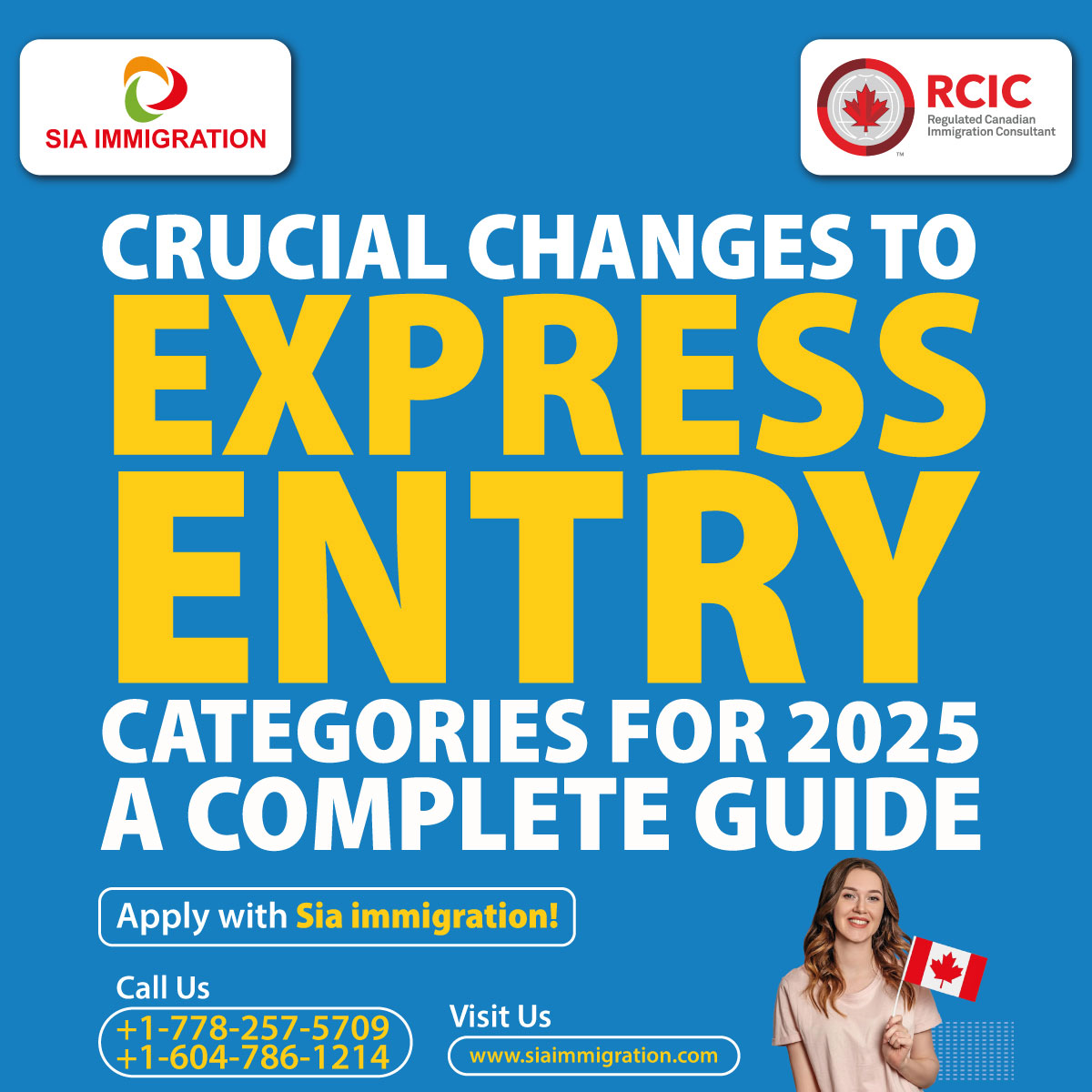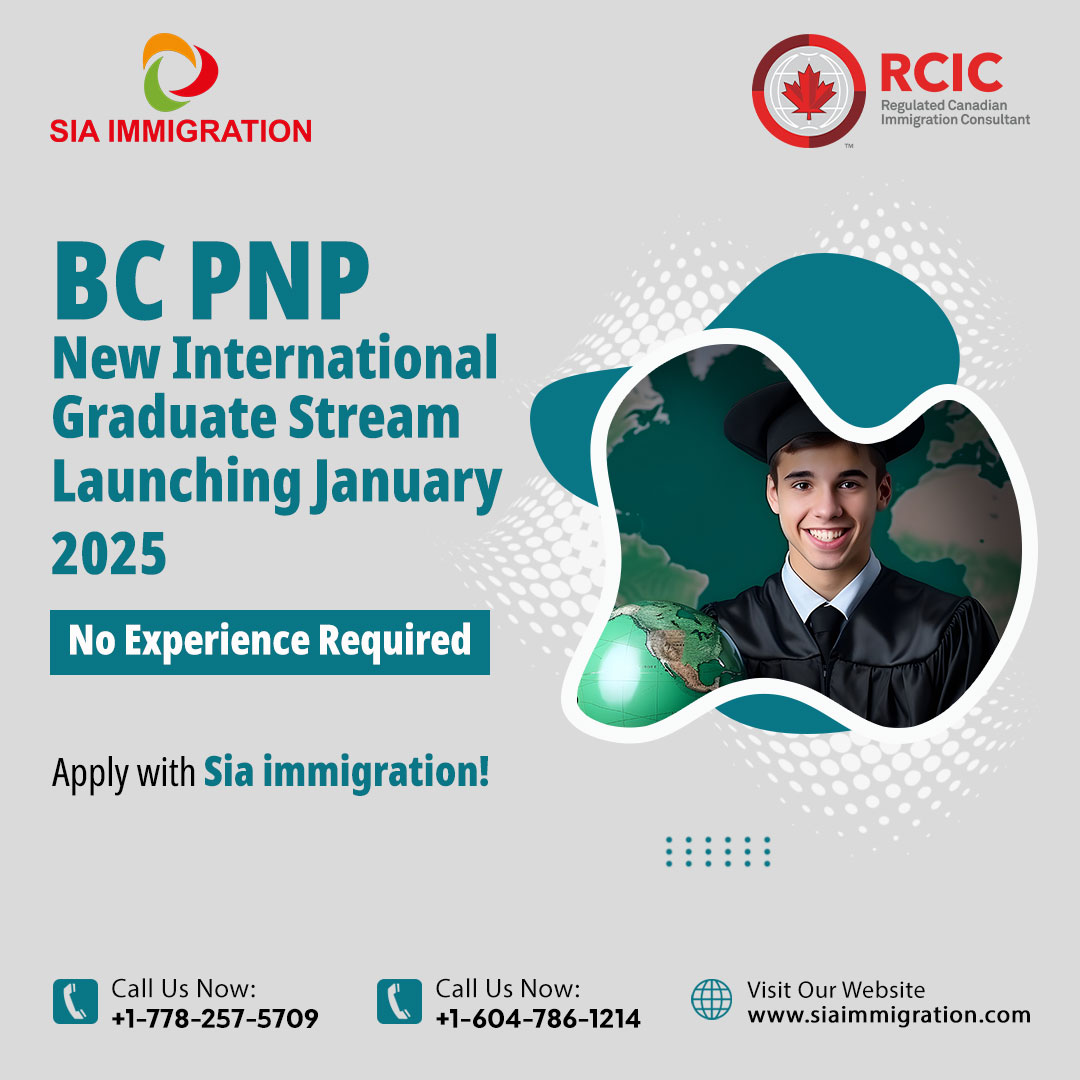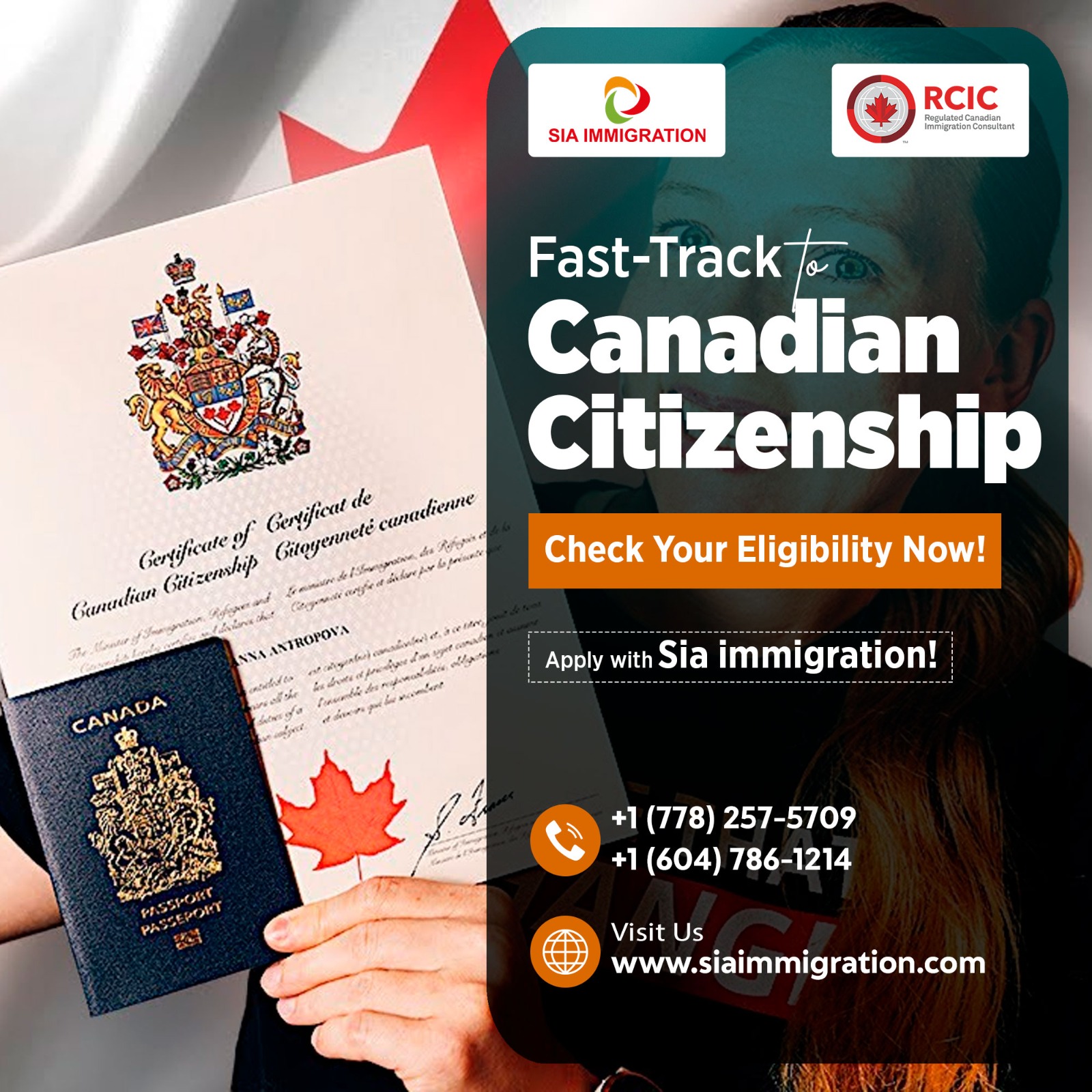Canada Business owner work Permit
Canada, an economically rich country, offers immense opportunities to business visitors. Thousands of businessmen undertake short-term visits to Canada in search of new and exciting business opportunities. Under the Business Visitor visa category, foreign nationals may visit Canada for short periods to partake in business dealings with Canadian companies. The eligible applicants are permitted to explore business opportunities, interact with Canadian business counterparts, and participate in trade conferences. However, this visa does not allow applicants to assume employment in Canada. Business Visitor visa is best suited for travelers intending to experience Canadian culture, tour sites, and enjoy leisure activities while exploring various business options. A work permit enables a foreign national to work in Canada temporarily. Canada offers more than 100 different options to foreign workers.
Canada Business owner work Permit
Owner operators work permit opportunity to run a business in Canada as a foreign national on a work permit.
- Must buy or start a new business in Canada.
- Main application and spouse will get a work permit from the same business as an owner/operator of business.
- No IELTS required for work permit but must be familiar with English or French to justify application.
- No minimum net worth required.
- No minimum investment benchmark.
- No regional or provincial restrictions.
- Must hire one full time Canadian employee.
- applicant and spouse can apply pr later through any federal or provincial program after gaining Canadian experience.
Canadian Work Permit Types
There are two types of work permit programs in Canada:
- Temporary Foreign Worker Program: A Labour Market Impact Assessment (LMIA) is required for a foreign national to obtain a work permit.
- International Mobility Program: An LMIA is not required for a foreign national to obtain a work permit.
The purpose of the LMIA is for employers to demonstrate to the Canadian government that the hiring of a foreign worker will not have a negative impact on Canada's existing workforce. The federal department of Employment and Social Development Canada (ESDC) wants to ensure that the hiring of foreign workers will not displace existing workers in Canada nor place downward pressures on their wages. Workers that need an LMIA fall under the Temporary Foreign Worker Program (TFWP).
Although the LMIA process is the rule, there are many different LMIA-exempt work permits, resulting from free trade agreements, such as the former North American Free Trade Agreement, now known as the Canada-United States-Mexico Agreement, or CUSMA. These free trade agreements enable foreign workers to apply for a work permit without their employer having to obtain an LMIA. In addition to these employers sponsored work permits, there are several work permit options available to foreign workers who do not yet have a job offer, including working holidays, post-graduate work permits, and open spousal work permits. Workers who do not need an LMIA fall under the International Mobility Program (IMP).











